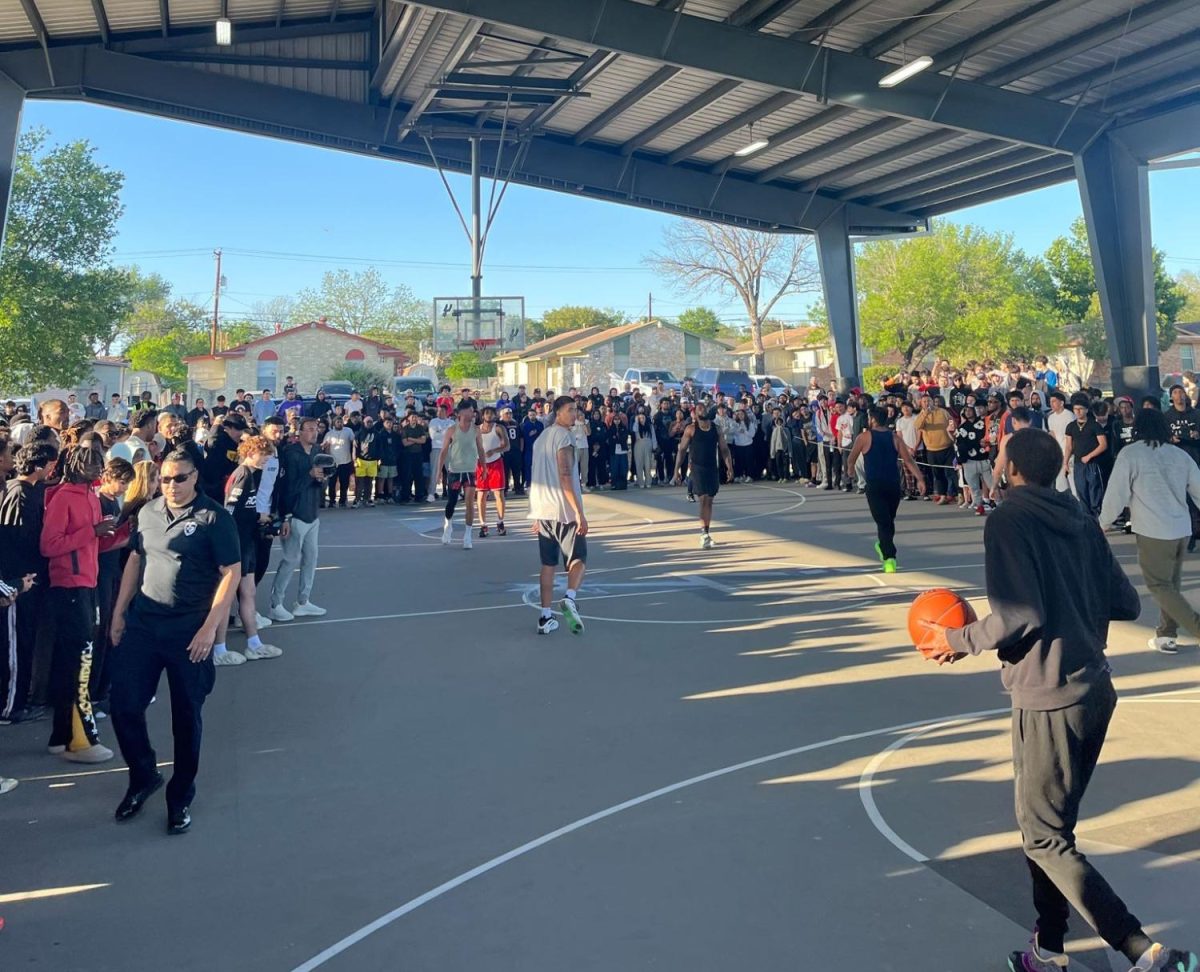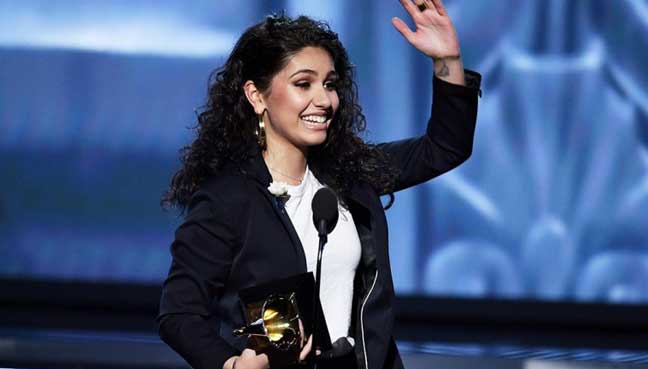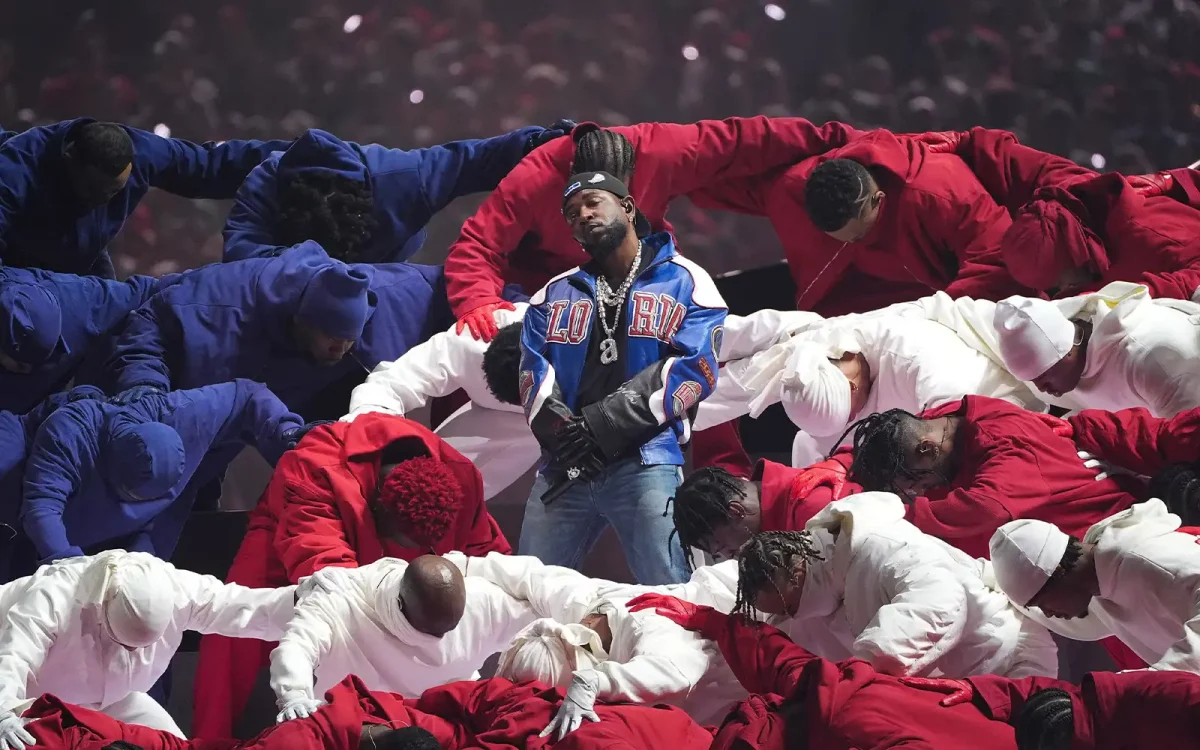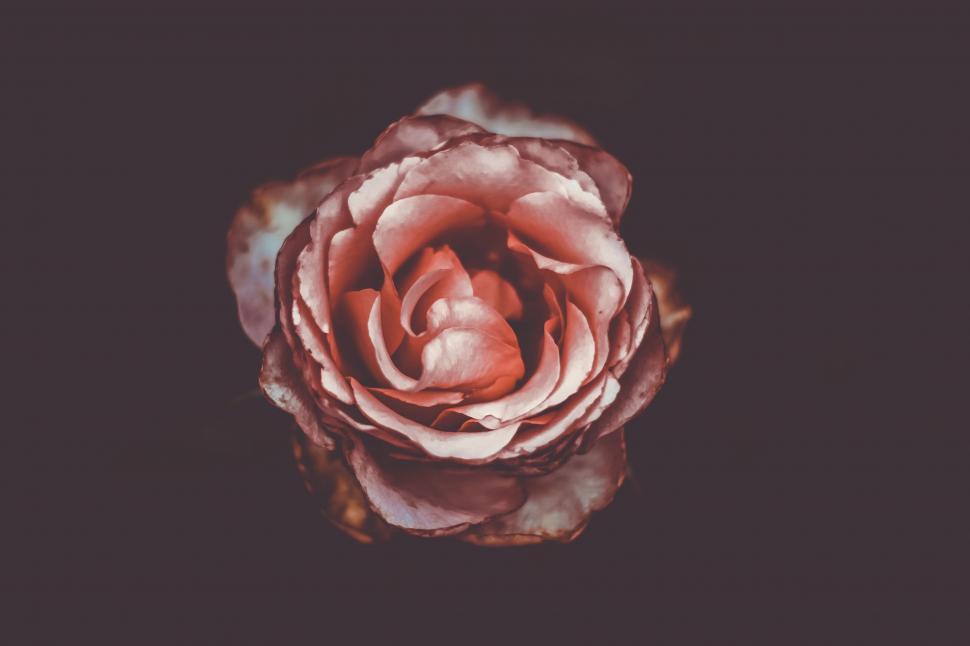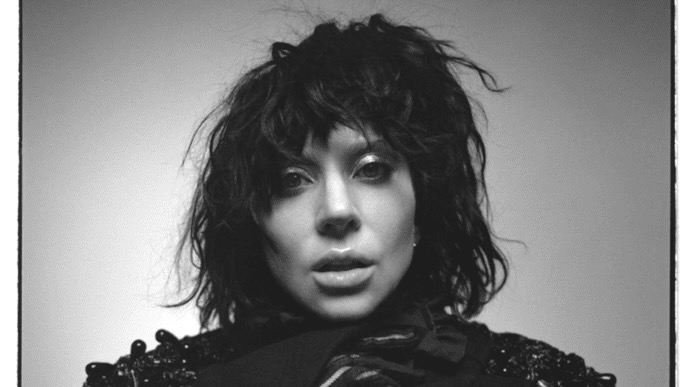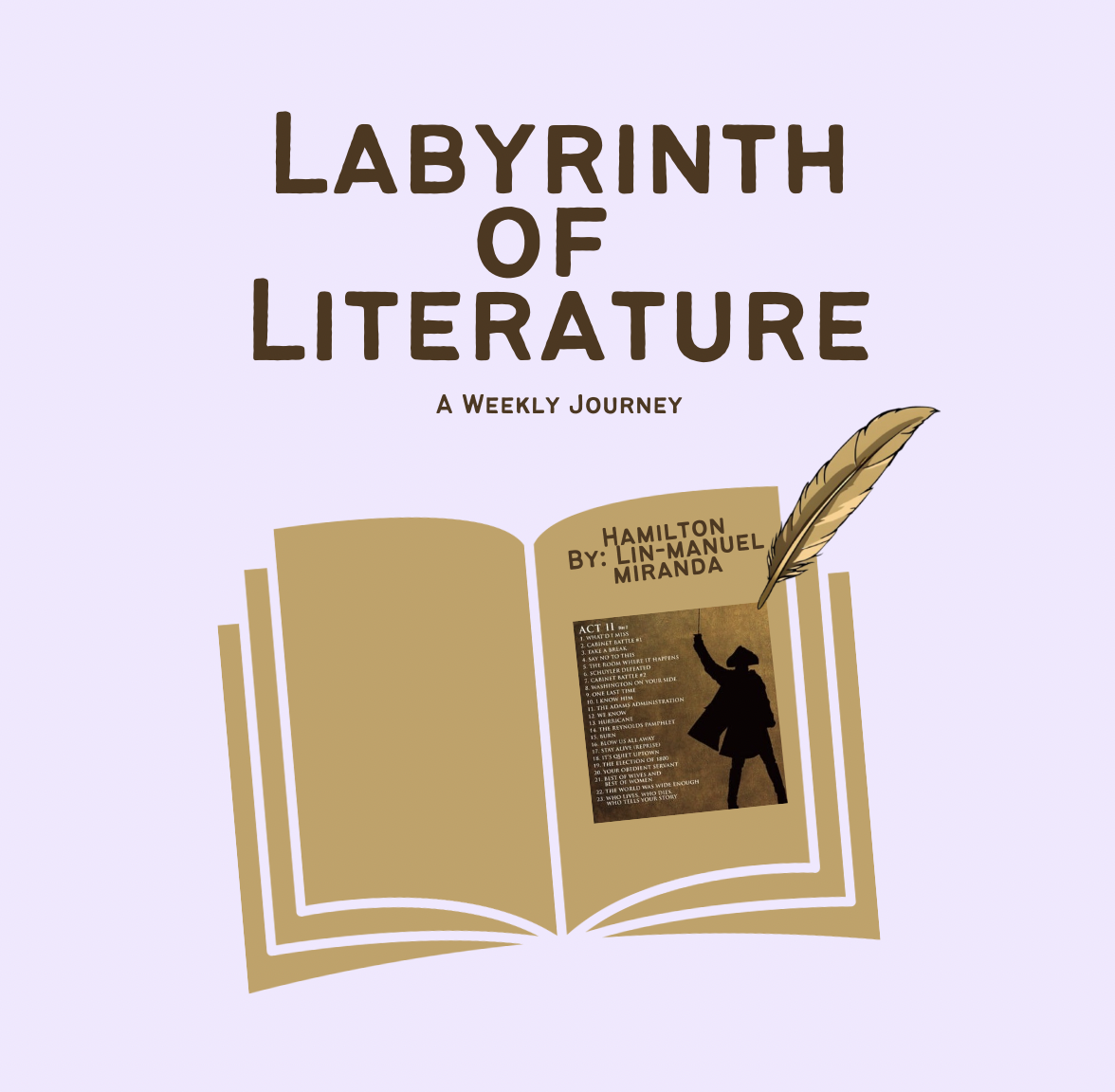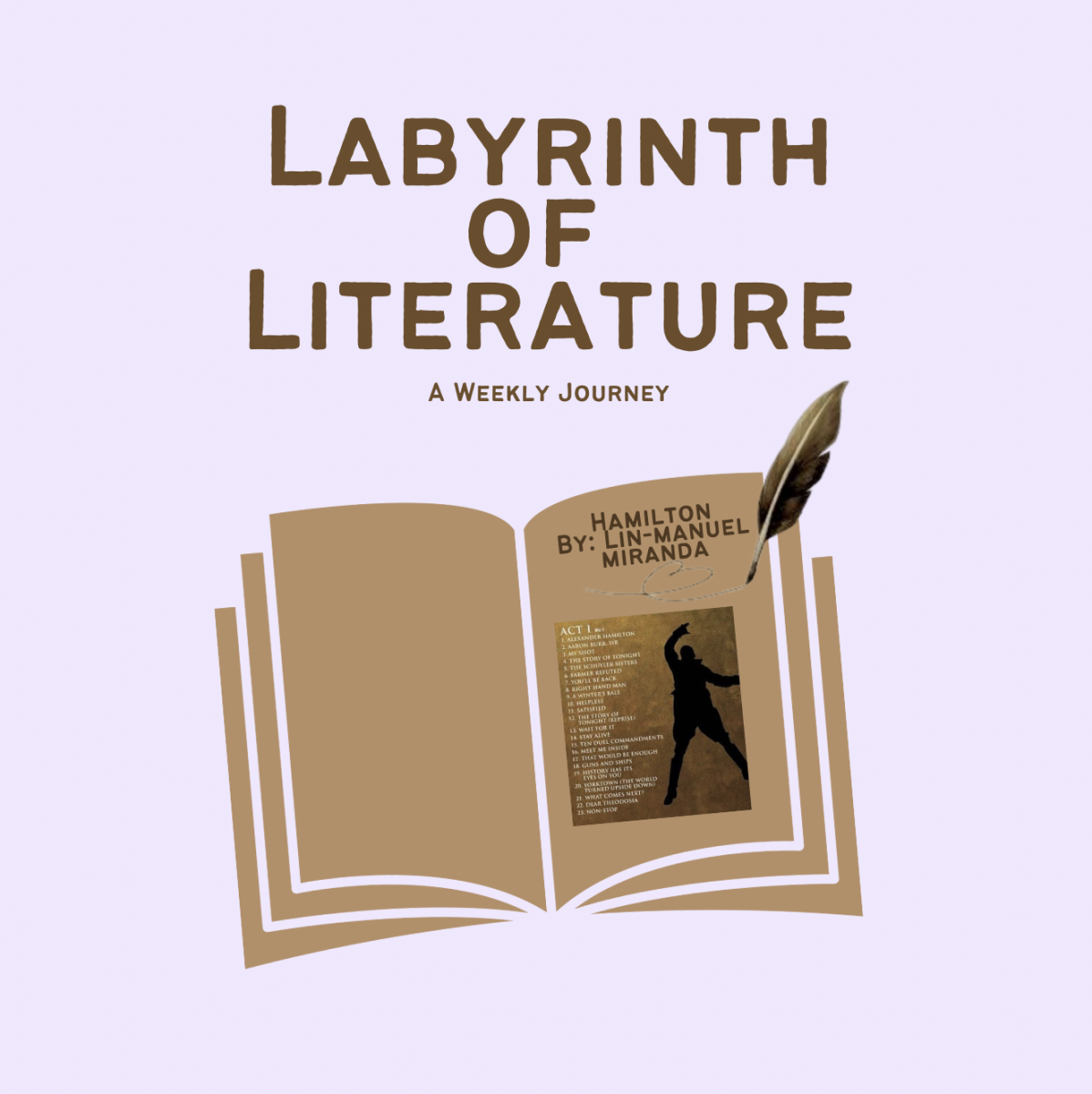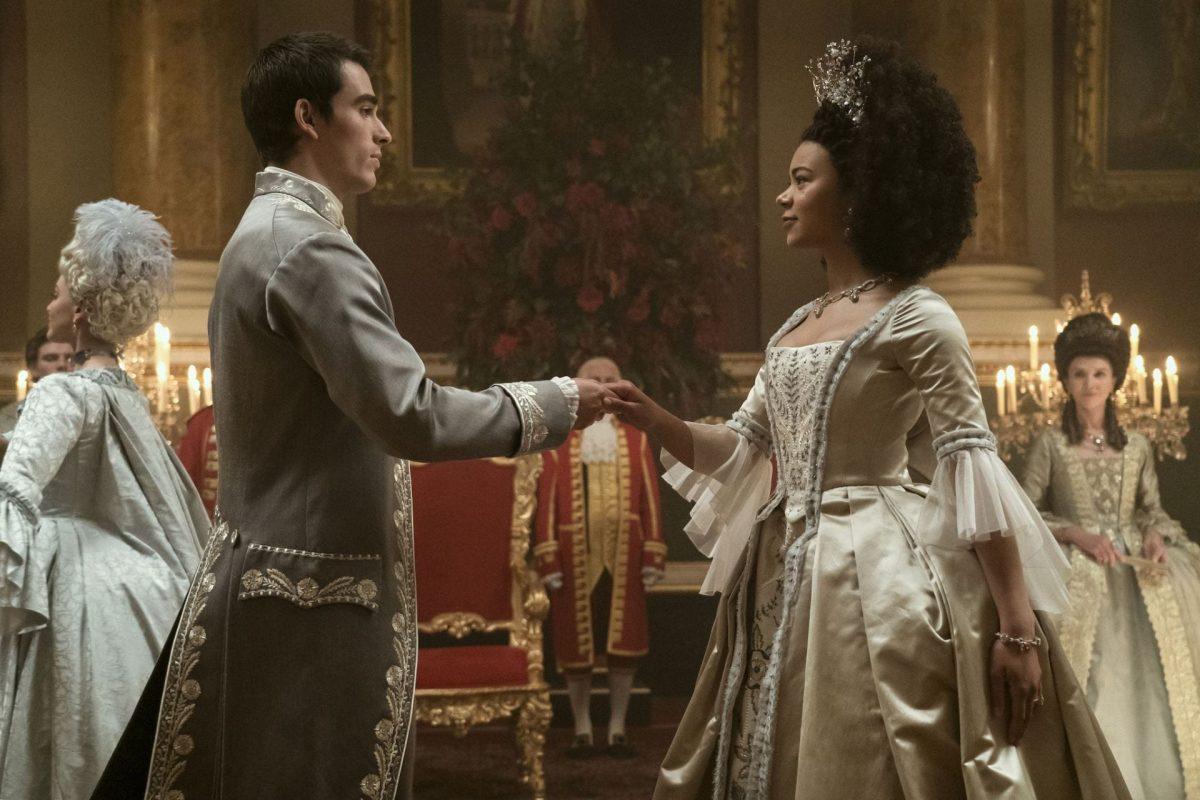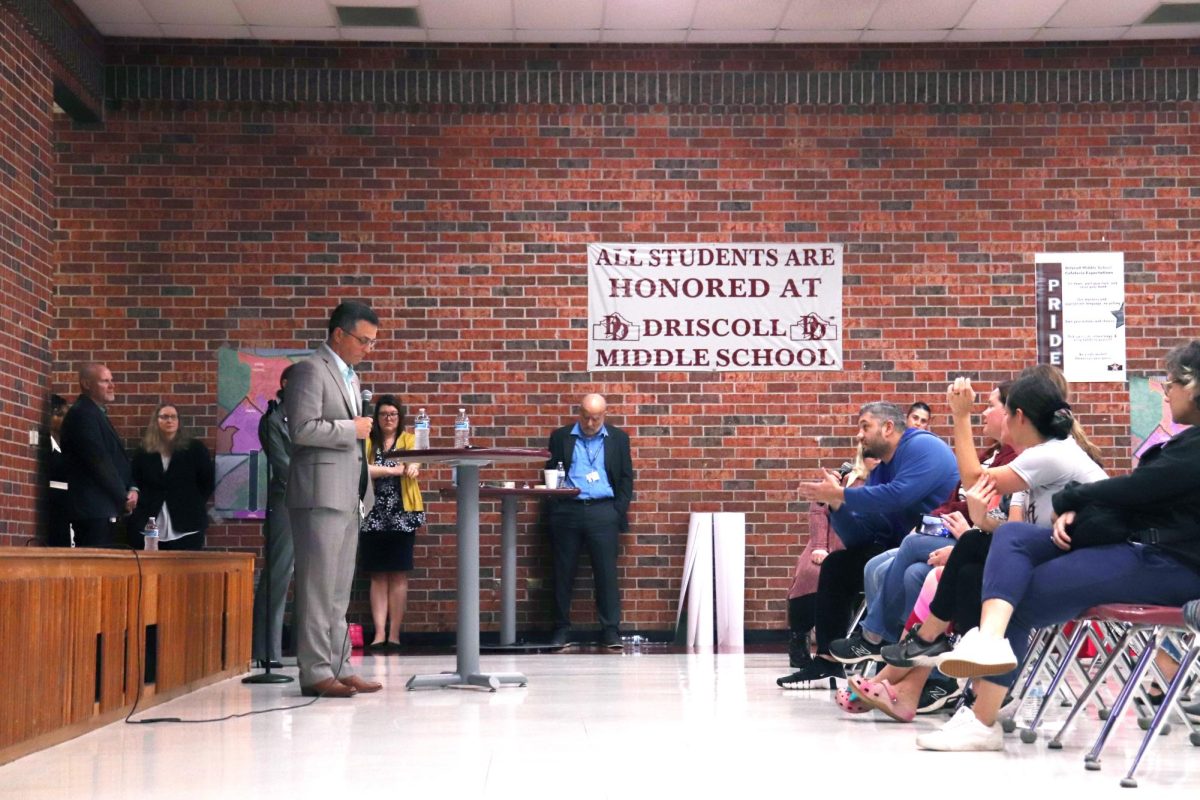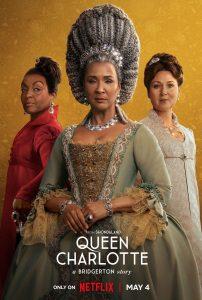 The “Bridgerton” series is the only reason I still pay for Netflix. So when I saw the trailer for “Queen Charlotte: A Bridgerton Story” I knew that it was time to dust off my Netflix account that hadn’t been used since March of last year which was when season two of “Bridgerton” was released.
The “Bridgerton” series is the only reason I still pay for Netflix. So when I saw the trailer for “Queen Charlotte: A Bridgerton Story” I knew that it was time to dust off my Netflix account that hadn’t been used since March of last year which was when season two of “Bridgerton” was released.
I finished all six hour-long episodes in one sitting. When I finally finished crying from the heartbreak of Brimsley and Reynolds’s relationship, as well as that last scene between Charlotte and George, I immediately opened TikTok to look up edits on these two cute relationships. I found my feed filled with romantic scenes set to romantic music and many memes referring to the hilarious “Sorrows, sorrows, prayers” scenes. But I also found videos arguing about the real Queen Charlotte of Mecklenburg-Strelitz’s true race, arguing about the casting of India Ria Amarteifio, a mixed-race black woman, as young Queen Charlotte.
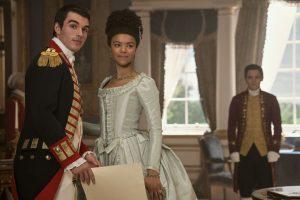 The first scene in the show is text read by Julie Andrews explaining that all the events we were about to see were fiction.
The first scene in the show is text read by Julie Andrews explaining that all the events we were about to see were fiction.
“Dearest Gentle Reader,
This is the story of Queen Charlotte of Bridgerton.
It is not a history lesson.
It is fiction inspired by fact.
All liberties taken by the author are quite intentional.
Enjoy.”
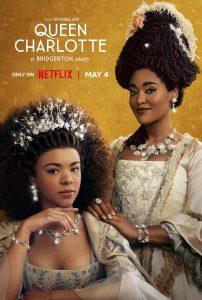 It is obvious that the world of Bridgerton does not completely mirror our own. The current royal family, and nobility in general, are mostly white with the exception of Meghan Markle. However, “Briderton” takes place in a world where people of color were integrated into high society during the Georgian Era of England, as shown in “Queen Charlotte: A Bridgerton Story”. This integration, called “The Great Experiment”, is only enacted when George’s mother, Princess Augusta, notices how “brown” Charlotte is.
It is obvious that the world of Bridgerton does not completely mirror our own. The current royal family, and nobility in general, are mostly white with the exception of Meghan Markle. However, “Briderton” takes place in a world where people of color were integrated into high society during the Georgian Era of England, as shown in “Queen Charlotte: A Bridgerton Story”. This integration, called “The Great Experiment”, is only enacted when George’s mother, Princess Augusta, notices how “brown” Charlotte is.
Some people on the internet are upset with this representation of Queen Charlotte with the excuse that it isn’t “historically accurate” and spreading “false information”. But “Bridgerton” and its sister series have never claimed to be a source of historical accuracy. It’s fiction. The creators of “Queen Charlotte: A Bridgerton Story” have the right to present any story they want. And if that story is about an interracial couple in the Regency era then they have the right to present that story in the way that they choose. It’s up to the viewer to consume the content.
Personally, I loved the show. I recommend it to anyone who is a fan of romance stories, specifically ones with a strong, sassy female lead. I definitely will be rewatching “Queen Charlotte: A Bridgerton Story” again to get my “Bridgerton” fix while I wait for season three.






